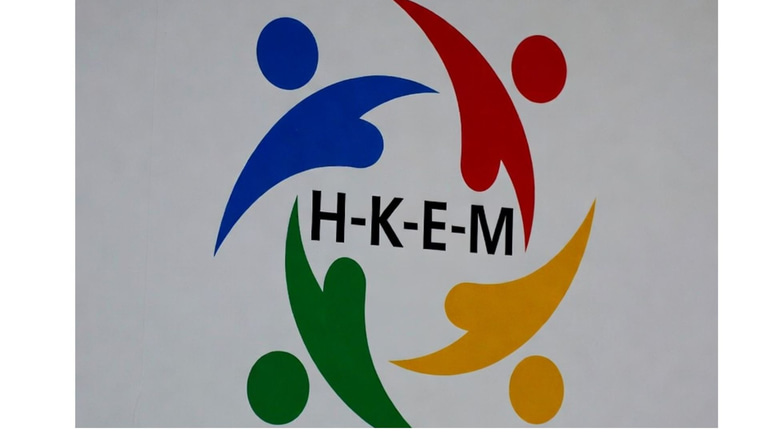
Health is a crown on the heads of the healthy that only the sick can see.
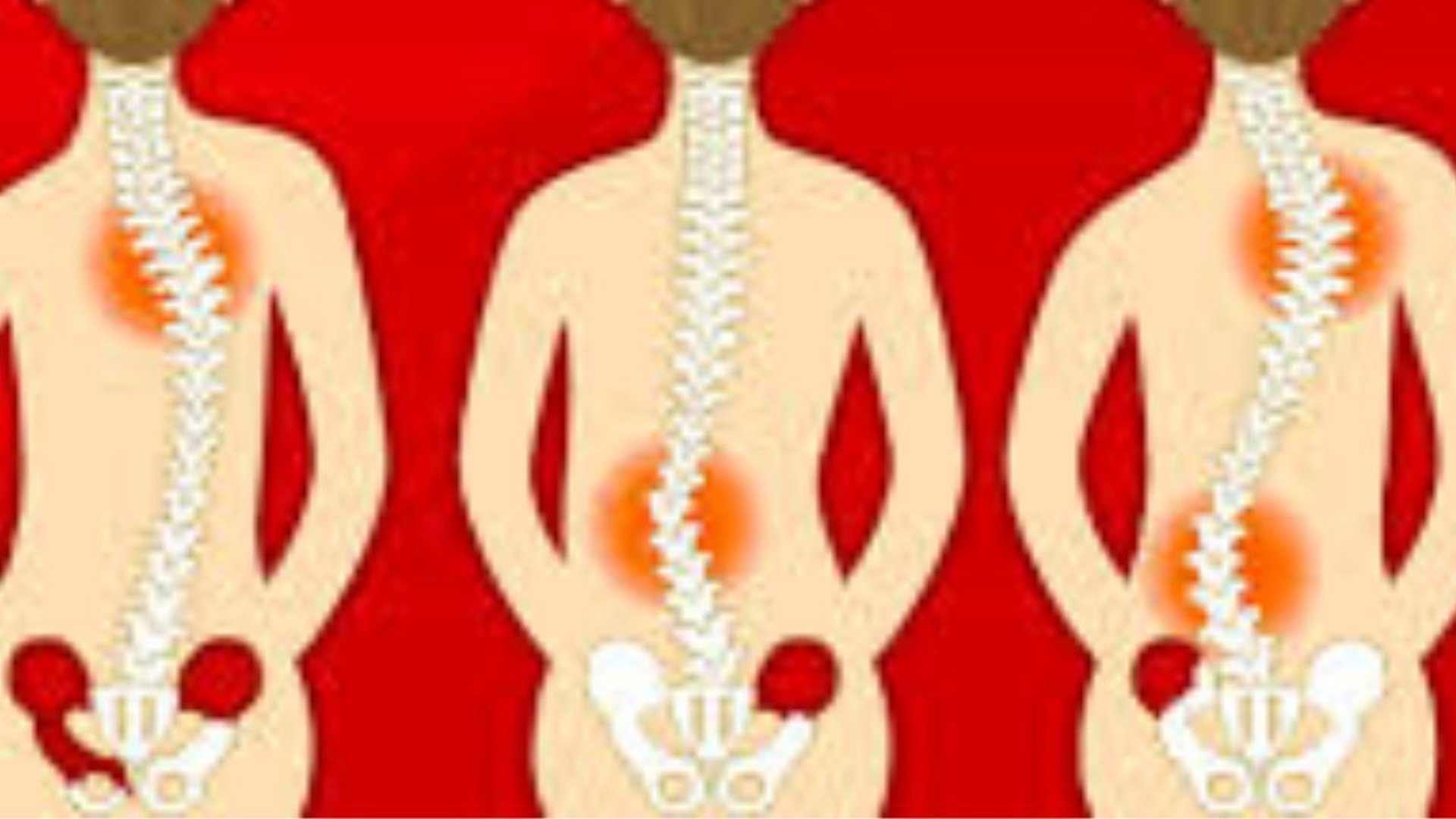
🦴❄️ Kyphosis and Kyphoscoliosis The Only Hope – Cold Water & Fasting Therapy 🍽️💧
🦴❄️ Cold water & fasting therapy 🍽️💧 — a natural approach offering new hope for kyphosis and kyphoscoliosis spine care.
MUSCULOSKELETAL
Dr Hassan Al Warraqi
6/13/2025


🦴❄️ Kyphosis and Kyphoscoliosis: The Only Hope – Cold Water & Fasting Therapy 🍽️💧
🦴❄️ Cold water & fasting therapy 🍽️💧 — a natural approach offering new hope for kyphosis and kyphoscoliosis spine care.
Kyphosis and kyphoscoliosis are spinal deformities that can cause pain, stiffness, and limited mobility, often leaving patients with few effective treatment options. Traditional therapies may slow progression or relieve symptoms, but they rarely address the root cause of spinal imbalance.
In recent years, interest has grown in natural, non-invasive approaches that support musculoskeletal health and cellular repair. Among these, cold water exposure ❄️💧 and therapeutic fasting 🍽️ stand out as promising practices. Cold therapy may reduce inflammation, improve circulation, and stimulate resilience in connective tissues, while fasting can trigger autophagy, the body’s natural process of cellular renewal and repair.
Together, these methods could offer a unique, holistic pathway to support spinal health, reduce discomfort, and enhance overall well-being—providing a ray of hope for those living with kyphosis and kyphoscoliosis. 🌿
Both kyphosis (excessive forward curvature of the spine) and kyphoscoliosis (a combination of kyphosis and scoliosis, or lateral spinal curvature) can lead to chronic pain, reduced mobility, and respiratory issues.
While medical management usually includes physical therapy, bracing, or surgery in severe cases, complementary approaches like cold water therapy and voluntary fasting may offer supportive benefits—though not cures—for these conditions.
🌊 Cold Water Therapy: Manifest Benefits
Cold exposure (via cold showers, ice baths, or cold plunges) may support kyphosis/kyphoscoliosis patients through:
Pain Reduction
Cold water reduces inflammation and numbs nerve endings, which can alleviate chronic back pain often associated with spinal deformities.Improved Circulation
Alternating between cold and warm exposure stimulates blood flow, potentially helping stiff muscles around the spine and reducing spasms.Muscle Recovery and Tone
It can enhance muscle recovery post-therapy or exercise, encouraging better muscle support for the spine.Mental Clarity and Mood Enhancement
Cold therapy boosts norepinephrine and endorphins, which can help those suffering from depression or fatigue due to long-term pain or posture limitations.
🍽️ Voluntary Fasting: Manifest Benefits
Voluntary (intermittent or prolonged) fasting may aid kyphosis and kyphoscoliosis patients by:
Reducing Systemic Inflammation
Fasting triggers autophagy and reduces pro-inflammatory markers, which may help in alleviating pain and stiffness.Promoting Weight Loss
Excess weight strains the spine; fasting helps in weight control, indirectly reducing the mechanical burden on the spinal column.Improved Insulin Sensitivity & Mitochondrial Function
These metabolic benefits support muscle strength, nerve health, and energy levels, potentially aiding in better physical therapy outcomes.Hormonal Balance and Mood Regulation
Fasting supports mental focus, dopamine balance, and emotional resilience, all important when coping with chronic musculoskeletal conditions.
⚖️ Important Considerations
These therapies should be complementary, not replacements for medical treatment.
Patients with low body weight, cardiac issues, or eating disorders should consult a healthcare provider before fasting.
Cold exposure should be controlled and gradual, especially for those with cardiovascular or respiratory conditions.
✅ Summary
Benefit
Cold Water Therapy 🌊
Voluntary Fasting 🍽️
Pain Relief
✅ Yes (via numbing, anti-inflammatory)
✅ Yes (via reduced inflammation)
Posture Support
⚠️ Indirect (muscle tone, alertness)
✅ Indirect (via weight loss, hormonal health)
Mental Well-being
✅ Yes (endorphins, alertness)
✅ Yes (dopamine, clarity)
Physical Performance
✅ Yes (muscle recovery)
✅ Yes (mitochondrial health)
Inflammation Reduction
✅ Local (temporary)
✅ Systemic (sustained)
Types of Kyphosis:
Postural Kyphosis: Most common, often due to poor posture.
Scheuermann’s Kyphosis: A structural deformity in adolescents.
Congenital Kyphosis: Present at birth due to malformation.
Degenerative Kyphosis: Age-related due to disc and bone degeneration.
🔄 What is Kyphoscoliosis?
Kyphoscoliosis combines two spinal deformities:
Kyphosis (forward curvature)
Scoliosis (lateral curvature)
This condition affects the spine in multiple planes and may lead to:
Restricted lung function
Muscle fatigue
Uneven shoulders or waist
Chronic back pain
💢 Common Symptoms of Both Conditions
Rounded or hunched back
Back pain or stiffness
Difficulty breathing (in severe cases)
Muscle fatigue
Visible spinal deformity or uneven posture
Reduced mobility or range of motion
⚕️ Causes and Risk Factors
Poor posture and prolonged screen use (especially in youth)
Genetic predisposition
Spinal injuries or surgeries
Neuromuscular disorders (e.g., muscular dystrophy)
Osteoporosis or vertebral fractures
🌿 Natural Management: Cold Water Therapy and Voluntary Fasting
While these conditions are structural and may require physical therapy or surgery in severe cases, natural interventions like cold water therapy and voluntary fasting may offer supportive relief.
🌊 Cold Water Therapy for Kyphosis and Kyphoscoliosis
Benefits:
✅ Reduces inflammation and muscle soreness
✅ Relieves chronic pain by numbing nerves
✅ Stimulates circulation, helping back muscles heal
✅ Enhances postural awareness through shock-based activation
How to Apply:
Cold showers or baths (30 sec–2 min)
Contrast hydrotherapy (alternating hot and cold)
Ice packs for localized back pain
🍽️ Voluntary Fasting (Intermittent or Prolonged)
Benefits:
✅ Reduces systemic inflammation
✅ Triggers cellular repair via autophagy
✅ Supports weight loss, reducing spinal pressure
✅ Enhances insulin sensitivity and energy metabolism
✅ Improves mental focus and pain tolerance
Suggested Methods:
Intermittent fasting (16:8): 16 hours of fasting with an 8-hour eating window
24-hour fasts once or twice a week (under medical supervision)
🧘♀️ Additional Supportive Strategies
Postural exercises & physical therapy
→ Strengthen the back and abdominal musclesAnti-inflammatory nutrition
→ Omega-3s, turmeric, ginger, leafy greensBreathing exercises
→ Especially for kyphoscoliosis with respiratory involvementYoga and gentle stretching
→ Improves flexibility and spinal alignment
🚨 When to See a Doctor
Seek professional help if:
You notice progressive curvature or asymmetry
Pain or breathing difficulty increases
Daily activities become limited
There’s a sudden worsening in posture
❓ FAQs: Kyphosis, Kyphoscoliosis, and Natural Therapies
1. What is the difference between kyphosis and kyphoscoliosis?
Kyphosis refers to an exaggerated forward curvature of the upper spine, while kyphoscoliosis is a combination of both kyphosis and scoliosis, resulting in a spine that curves forward and sideways.
2. Can cold water therapy help relieve symptoms of kyphosis or kyphoscoliosis?
Yes, cold water therapy can help reduce inflammation, numb chronic pain, improve circulation, and support muscle recovery—offering relief from back discomfort associated with spinal deformities.
3. How often should cold water therapy be used for back pain related to spinal curvature?
Cold exposure (e.g., showers, baths, or compresses) can be done 3–5 times per week for 1–3 minutes per session.
However, it’s best to start gradually and consult a healthcare provider if any medical conditions are present.
4. Can voluntary fasting improve spinal health?
While fasting does not directly change spinal curvature, it can reduce inflammation, support weight loss, and improve mitochondrial and metabolic health, which indirectly benefits posture and reduces spinal stress.
5. Is it safe to fast with kyphosis or kyphoscoliosis?
Generally, intermittent fasting is safe for most people. However, individuals with severe spinal deformities, low BMI, or chronic illnesses should consult a doctor before starting any fasting regimen.
6. Does weight loss help reduce kyphosis or kyphoscoliosis symptoms?
Yes. Losing excess weight can decrease strain on the spine and surrounding muscles, improving posture and reducing pain in both kyphosis and kyphoscoliosis.
7. Can poor posture alone cause kyphosis?
Yes. Postural kyphosis, especially in adolescents and office workers, often results from slouching and prolonged poor sitting habits.
It is usually reversible with targeted posture exercises and awareness.
8. Are cold plunges or ice baths better than cold showers for spinal pain?
Both are effective.
Cold plunges or baths offer deeper immersion and stronger anti-inflammatory effects, but cold showers are more accessible and still beneficial for daily pain management and circulation.
9. Does fasting reduce inflammation in the spine?
Yes.
Fasting triggers processes like autophagy and lowers inflammatory markers, which may help reduce spinal inflammation, especially in cases linked with chronic back pain.
10. What other natural approaches support kyphosis or kyphoscoliosis management?
Alongside cold therapy and fasting, gentle yoga, spinal traction exercises, anti-inflammatory foods (like turmeric and omega-3s), physical therapy, and breathing exercises can provide support.
Here’s a paragraph with SEO-friendly keywords related to kyphosis, kyphoscoliosis, cold water therapy, and voluntary fasting:
Kyphosis and kyphoscoliosis are spinal deformities that can cause chronic back pain, poor posture, and breathing difficulties.
Natural remedies like cold water therapy for back pain and voluntary fasting for inflammation are gaining attention as supportive therapies.
Cold exposure helps reduce muscle tension, improve circulation, and relieve spinal discomfort, making it useful in managing kyphosis symptoms.
Meanwhile, intermittent fasting and prolonged fasting may reduce systemic inflammation, promote autophagy, and support weight loss, all of which benefit spinal alignment and reduce strain on the spine.
These holistic approaches, when combined with physical therapy and postural exercises, can enhance overall well-being in individuals with kyphosis or kyphoscoliosis.
✍️ Full "About the Author"
Hassan Al-Warraqi is the founder of H-K-E-M.com, a health researcher and wellness content creator focused on holistic and science-backed healing. His work dives into alternative therapies for structural and metabolic disorders, including the emerging roles of cold exposure and voluntary fasting.
In this article, Hassan explores how natural interventions—like cold water therapy and fasting—may support spine health, reduce inflammation, and offer new hope for individuals with kyphosis and kyphoscoliosis.
https://h-k-e-m.com/-kyphosis-and-kyphoscoliosis-the-only-hope-cold-water-and-fasting-therapy-
📱 Short Social Media Version
🖋️ By Hassan Al-Warraqi
Founder @h_k_e_m_com | Exploring spine health, cold therapy & fasting for kyphosis 🦴❄️🍽️


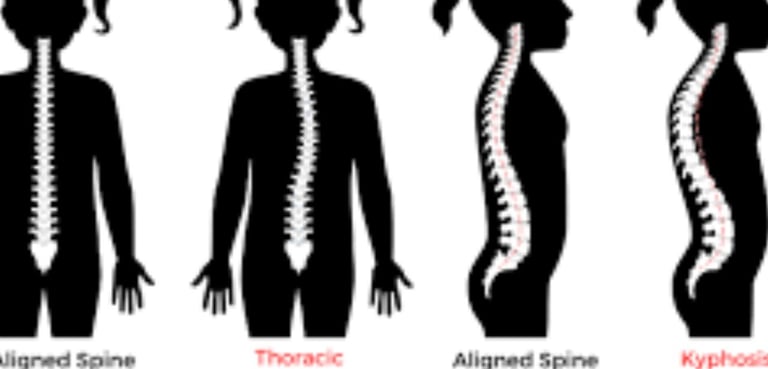

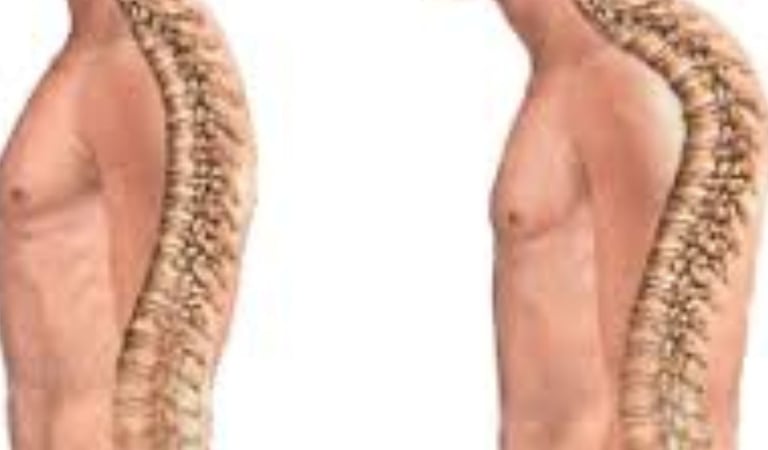

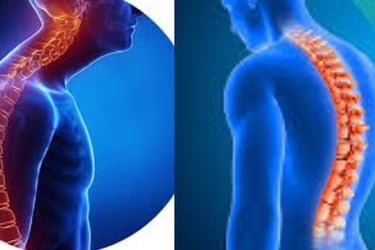

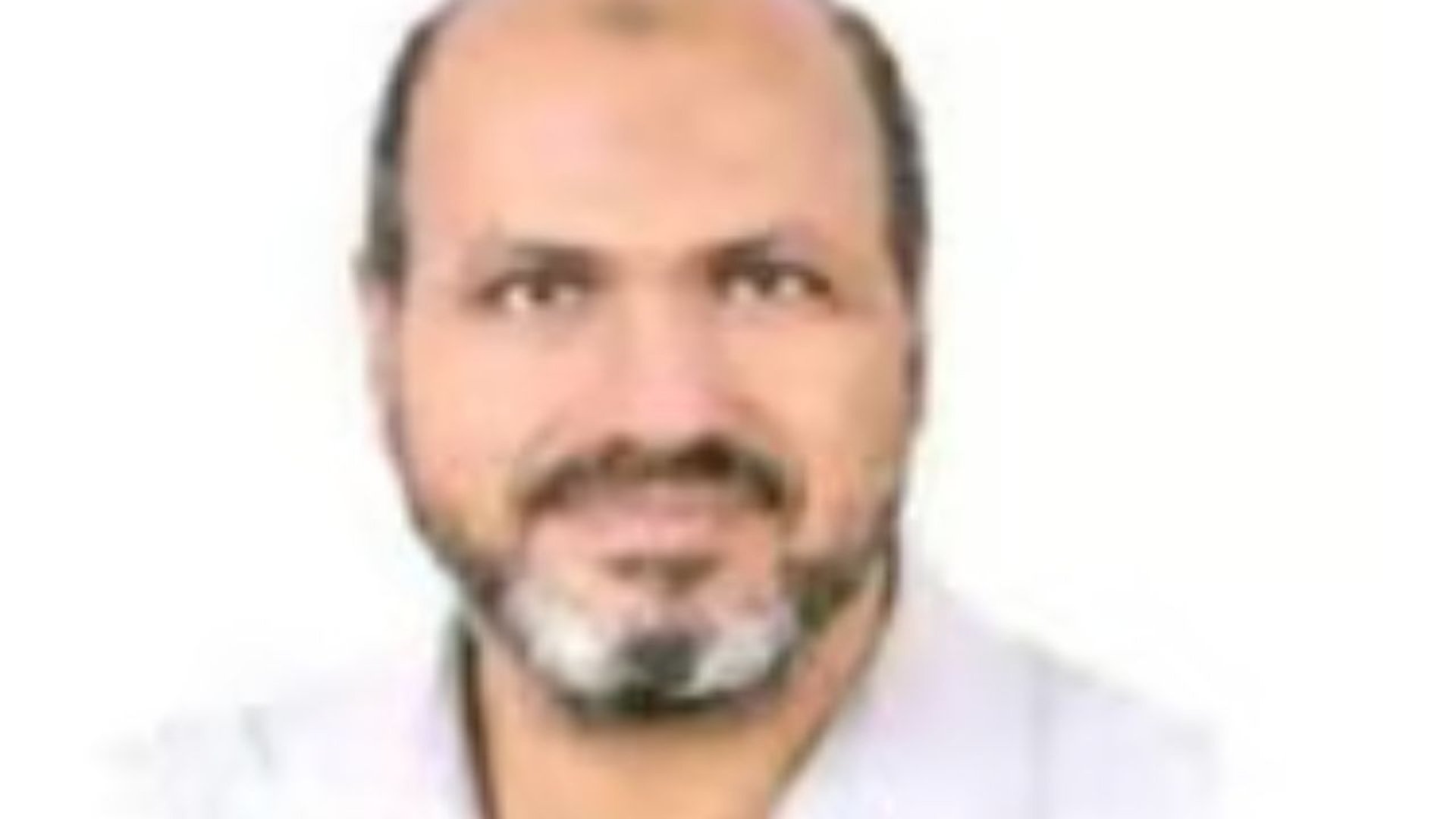
Get in touch
Address
Cairo Al Rehab
Contacts
+20 109 405 2056
hassanalwarraqi@h-k-e-m.com
